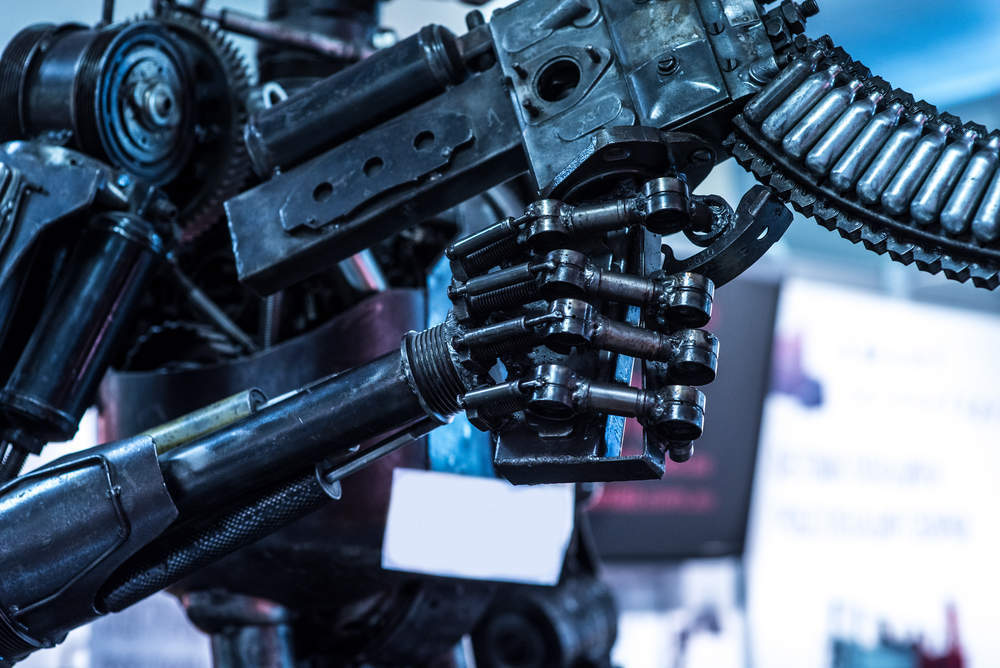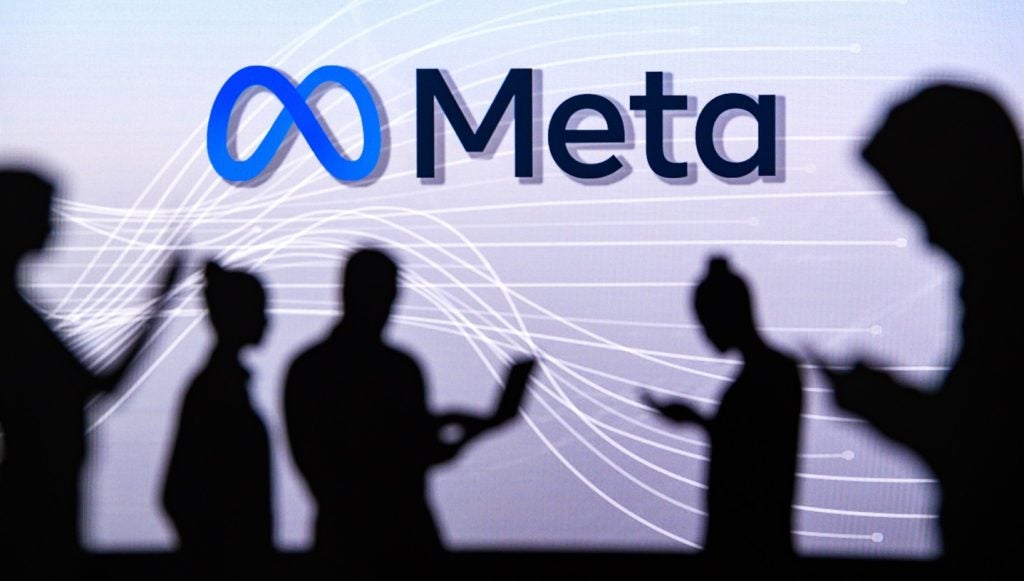
Concerned researchers are boycotting a South Korean lab partnership developing autonomous arms.
Last night 50 prominent artificial intelligence researchers issued an open letter denoucing KAIST, South Korea’s top university, for opening a “Research Center for the Convergence of National Defense and Artificial Intelligence”.
The new research centre is a collaboration with Hanwha Systems, the leading arms company in South Korea. Hanwa makes cluster munitions which are prohibited in 120 countries under an international treaty.
The goal of the lab was reported as being to “develop artificial intelligence technologies to be applied to military weapons, joining the global competition to develop autonomous arms”.
Concerns revolve around the lab’s potential to “accelerate the arms race to develop such weapons” and to create “autonomous weapons lacking meaningful human control”.
Researchers publicly declared that they would boycott all collaborations with any part of KAIST until they received assurances that their concerns would not come true. This boycott includes visiting the university, hosting visitors from it or contributing to any research project it was involved with.
How well do you really know your competitors?
Access the most comprehensive Company Profiles on the market, powered by GlobalData. Save hours of research. Gain competitive edge.

Thank you!
Your download email will arrive shortly
Not ready to buy yet? Download a free sample
We are confident about the unique quality of our Company Profiles. However, we want you to make the most beneficial decision for your business, so we offer a free sample that you can download by submitting the below form
By GlobalDataThe researchers made it clear that they concerned the development of autonomous arms to be a serious issue.
They said:
If developed, autonomous weapons will be the third revolution in warfare. They will permit war to be fought faster and at a scale greater than ever before.
They have the potential to be weapons of terror. Despots and terrorists could use them against innocent populations, removing any ethical restraints.
This Pandora‘s box will be hard to close if it is opened.
The letter was issued to Professor Sung-Chul Shin, president of KAIST, by the Centre on Impact of AI and Robotics. The Centre is a multi-disciplinary group dedicated to studying the “potential impact of AI and robotics” and to promoting “beneficial outcomes by means of research, teaching, measurement and public debate”.
KAIST university responded within hours, claiming that it had “no intention to engage in development of lethal autonomous weapons systems and killer robots.”
It said that the focus of the research lab would instead be using artificial intelligence for navigating large unmanned underseas vehicles, training ‘smart’ aircraft, recognising and tracking objects and “AI-based command and decision systems”.
While Toby Walsh, the professor who organised the boycott, said that he was pleased with the university’s rapid response and its concessions (which included ensuring meaningful human control), it was currently too early to call off the boycott.
There is a United Nations meeting in Geneva next week to discuss the risks posed by autonomous weapons, which are already subject to a total ban in more than 20 countries.







